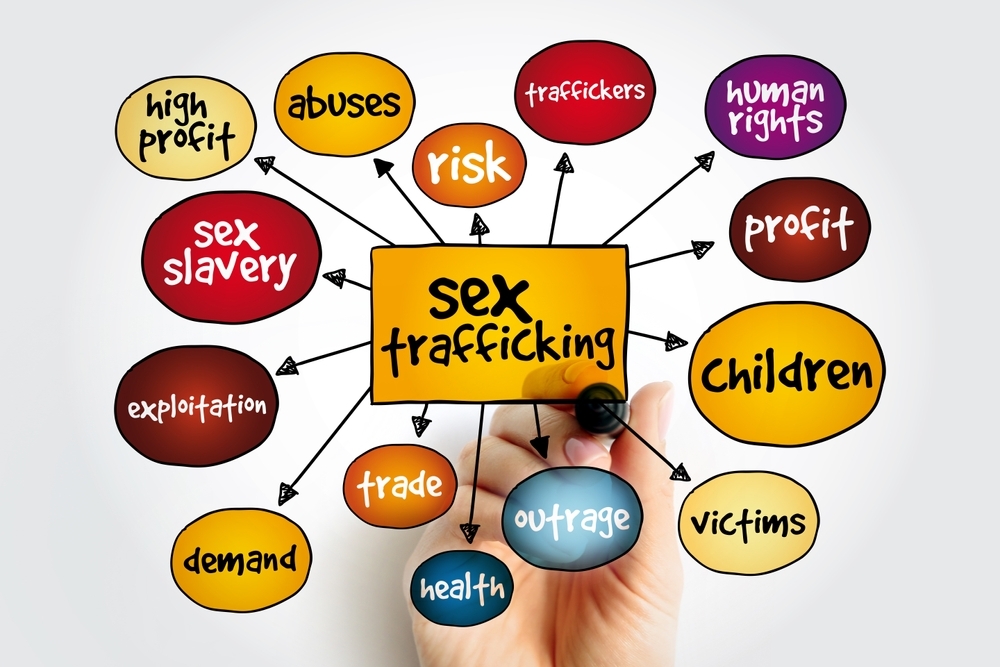
With National Human Trafficking Prevention Month just behind us and sexual assault awareness month approaching, there is no time like the present to place the world on notice of the actual or constructive notice victim’s rights lawyers must establish to successfully litigate sex trafficking cases against criminal operators and networks like hotels, motels, gentleman’s clubs, and other businesses.
Holding Businesses Accountable Under Pennsylvania Law
Victims of sex trafficking are often times children between the ages of 12 and 14 who come from homes where they are already suffered from physical and sexual abuse. Once they are identified as a potential plaintiff, the next critical step in any civil trafficking case is establishing the persons and entities responsible for knowingly participating in the trafficking. Under the Pennsylvania statute protecting victims of various forms of Human Trafficking, 18 Pa.C.S. § 3051, trafficking victims can initiate suit against any person or entity that participated in the trafficking, including having knowingly benefited financially from the trafficking activities or maintained the victim in the sex trade. This means that the defendant must have known or should have known their business venture involved sex trafficking. To this end, positive effects of reform now require hotels to post signs which make it clear that victims of human trafficking are protected under the law and provide the contact information for the National Human Trafficking Resource Center Hotline. See 43 Pa.C.S. § 1493.
Since the law requires that defendants knowingly participated in a venture that involved sex trafficking by directly engaging in or assisting in the trafficking activities, one of the most common defenses in civil sex trafficking cases raised is that the defendant(s) did not have this knowledge base. So how is requisite notice established and how is the alleged lack of notice defense overcome? This answer may vary case by case but often hinges on willful blindness to the trafficking activities coupled with financial or other benefits gained from the trafficking such as direct profits from room rentals or other services provided to either the trafficker or victim. This “willful blindness” is seen through red flags such as cash payments for hotel stays, extended stays, a large number of male visitors to a particular room, and audible signs of distress.
How Courts Have Recognized Business Liability in Sex Trafficking Cases
For instance, in A.B. v. Marriott Int’l Inc., 2020 U.S. Dist. LEXIS 117728, at * 4 (E.D. Pa. July 6, 2020), the plaintiff overcame a motion to dismiss after pleading sufficient facts that Marriott knew or should have known of the plaintiff’s trafficking in its hotels. She alleged that the hotel chain’s knowledge base was derived from the trafficker’s frequent use of the Defendants’ hotels; constant traffic in the hotels, the traffickers assistance in checking the plaintiff into the hotels but failing to proceed to her room; her appearance without luggage, her avoidance of eye contact and prominent bruising and injury throughout her body. Id. These are but a few examples of how notice can be established through warning signs that defendants simply cannot and should not ignore.
Anapol Weiss—Seeking Justice for Sex Trafficking Survivors in Philadelphia and Beyond
Our attorneys at Anapol Weiss are well-versed with all elements of sex trafficking cases and provide creative and novel insight on how to overcome the lack of notice defense. We provide free consultations to victims of this heinous illegal activity. For more information, contact us today.
Disclaimer: This blog is intended for informational purposes only and does not establish an attorney-client relationship. It should not be considered as legal advice. For personalized legal assistance, please consult our team directly.

